Mouse Pest Control
Stevenage, Hertfordshire
Are you looking for Mouse Pest Control Stevenage, Hertfordshire and the surrounding areas? If you need help or advice in solving a mouse infestation, get in touch today. our pest control experts are here to help. Contact our mouse pest control specialist today on 07807 429 843.
Signs of a Mouse Problem
If you believe you have a mouse problem, you may begin to smell an unusual ammonia-like scent. If you experience greasy or dirty marks along your skirting boards, small dark droppings, or you can see blatant shredded materials like cardboard boxes or plastic bags or gnaw marks or scratches along walls or cables. These are all signs you may indeed be struggling with a problem of mice infesting your property.
Mice are often nocturnal animals, and they like to hibernate and remain hidden for long durations, long before you even suspect a problem or that they are there.
Whilst mice do not carry diseases in the way rats may, if you find any signs of mouse activity, the next best course of action is to call our BPCA certified technicians here at Red Tail Pest Control, and we can provide our solutions.
You may also call or contact any other professional mice control in London or pest controllers with great reviews you may know to solve the issues.
Pest control can confirm mice's presence in your area, whether commercial or domestic, and reassure you of targeted, efficient, and safe bait methods and treatments to eliminate mice.
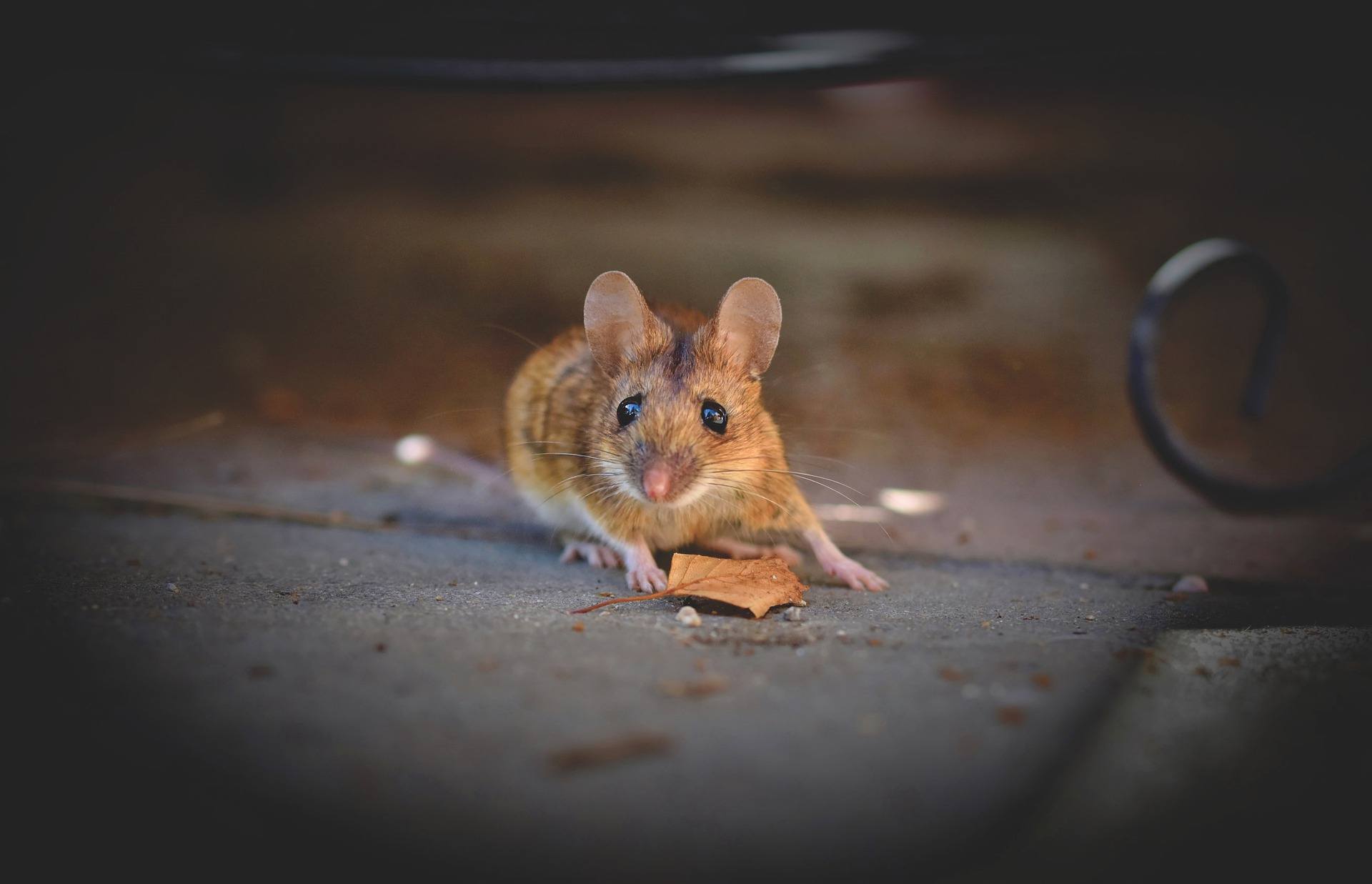
In their search for food during the night up till dawn, mice like to keep themselves out of sight, so it takes lots of searching for signs if you have a feeling you may be dealing with them.
Some vital signs to look for when you are on the lookout are, firstly, droppings. Compared to rats, mouse droppings are often much smaller, they can be 3-8mm approximately in length, and they may produce around 50-80 droppings in a single night.
Whilst rat droppings can cluster in one area. Mice like to spread theirs around randomly, so check for these small, dark droppings anywhere onto or inside cupboard tops or along skirting boards.
Mice can brush their bodies and furry coats up against skirting boards, floors and, unfortunately, even your beautifully decorated walls. They do so as they enter and leave, so if you know whereabouts the entry points are, it's best to check here for any dark smears around holes or corners.
Mice like to build urine pillars; these are small mounds of dirt, their body greases and urine that you may find for heavy mouse infestations with many mice. These mounds can come up to about 4cm high and 1cm wide.
Listen closely for any scratching sounds; mice are most active at night when they wake up or hungry and desperately search for food. You may hear noises coming from underneath your floorboards, between partition walls, lofts, basements and in false ceilings or the wall cavities.
Our Mouse Pest Control covers Bedfordshire and Hertfordshire including:
- Stevenage
- Letchworth Garden City
- Luton
- Leighton Buzzard
- Hemel Hempstead
- Welwyn Garden City
- St Albans
- Hatfield
- Hertford
- Dunstable
- Bedford
- Hitchin
- Royston
- Biggleswade
- St Neots
- Harpenden
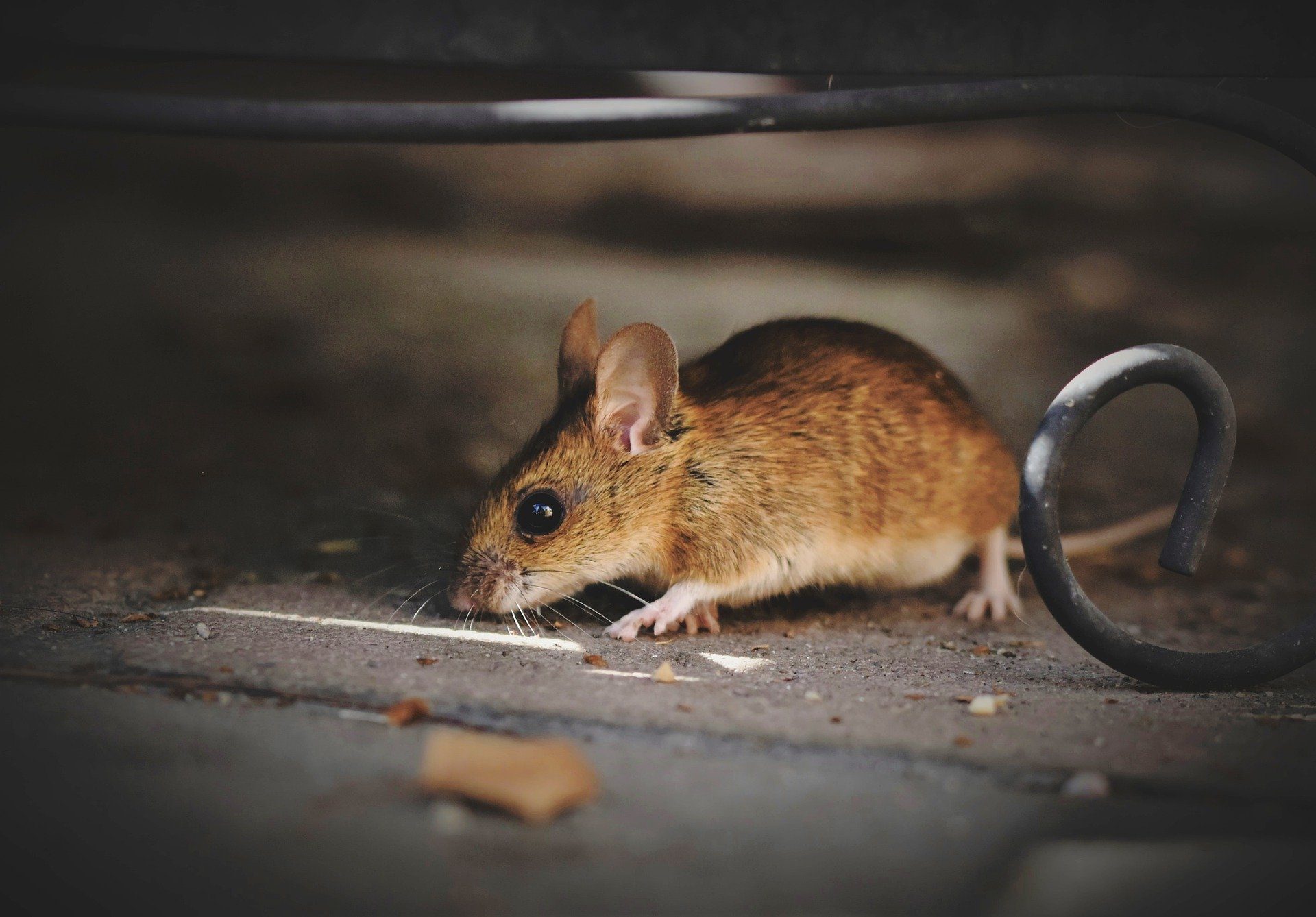
Mice use shredded materials to build their nests. They choose somewhere warm that will provide shelter and easy access to food or an entry point that they may squeeze out to retrieve to feed themselves and their young.
They line the inside of their nests with soft materials, so check your suspended ceilings, any airing cupboards, lofts, under floorboards, cavity walls, underneath stoves and floorboards if you can.
Should your basement or loft spaces be dusty and unused, you may come across areas with footprints or tail marks. However, if you have a generally clean place and want further proof of mice's existence in your property, sprinkle down some leftover flour, china clay, talcum powder, and check the next day to see if you find any fresh footprints.
A strong unpleasant smell may occur if you suspect a mouse or mice exists in your space. The mouse or mice may wee frequently, and the ammonia smell from urine may become more prominent in your home. The smell can sometimes linger for quite some time, even after a scheduled pest control removal.
The most apparent indication of mice in and around your home or property is spotting alive or dead mice or mice. If you spot one during the daytime, this could mean you have a heavy infestation and causes for emergency control.
How to Get Rid of Mice
Identifying mice in the home or household can cause immense amounts of discomfort. It can cause paranoia that may bring you harm or ill-health and a general sense of fear and panic that may negatively affect you mentally. There are numbers of professionals and pest control experts you may call to solve your potential mouse control problem.
Mice are a widespread problem, and experts always know the most effective, efficient ways to eliminate mice from any home or businesses property site. Professionals have a series of baiting and trapping methods that can eliminate mice's problem on your businesses site and have all our customers feeling stress-free and a whole lot lighter and brighter when going about your days and nights.
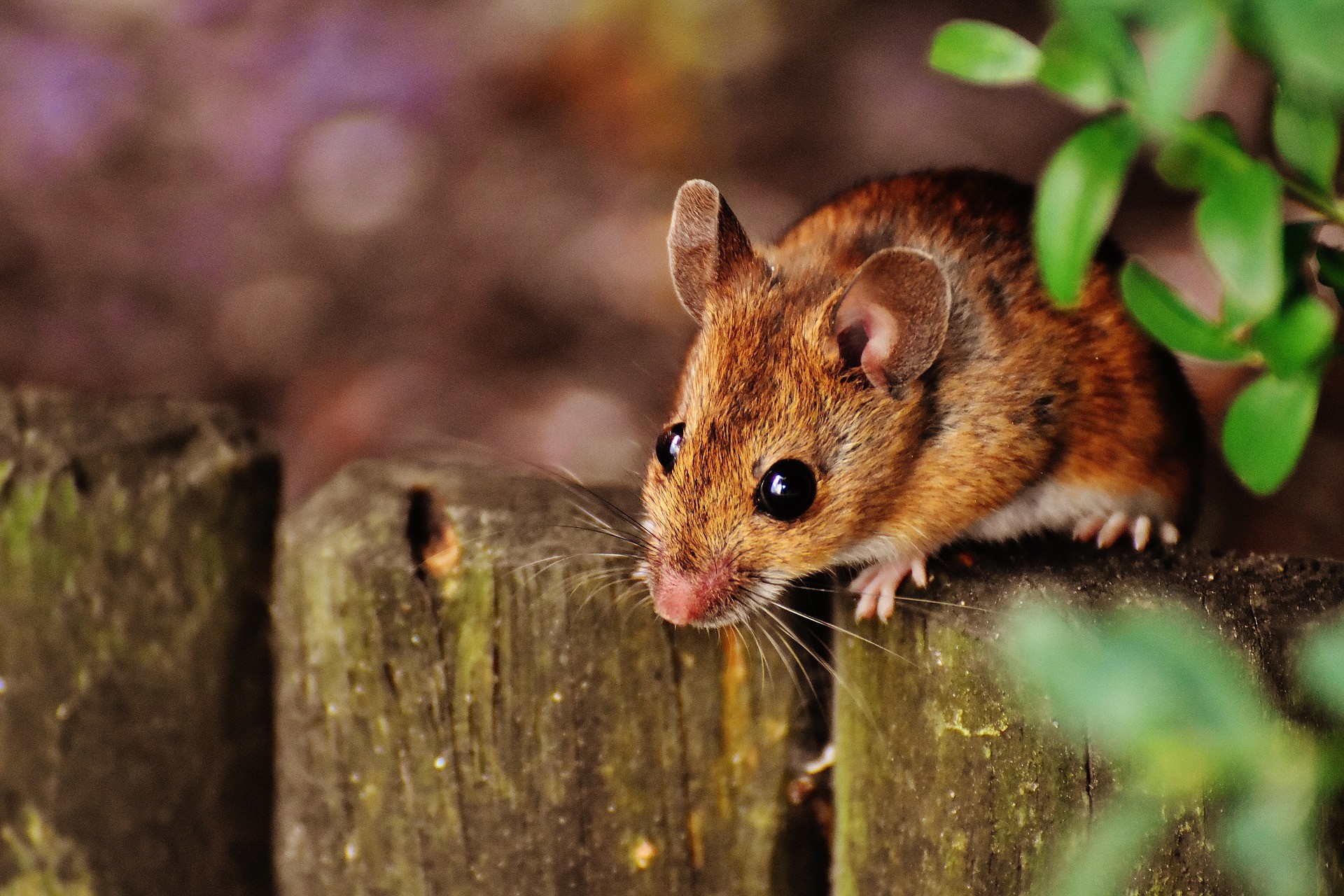
The key is a fast response. The faster the client reports the cases of mice or rat infestations in their home, the more efficiently experts can handle the situation. As soon as you sense or detect a range of problems, you can provide some evidence, get on the phone and call or contact a professional, whether it be us at Red Tail Pest Control or any other exterminators you are aware of so that they can provide solutions.
Request yourself a professional survey, and this is likely done through pest controllers on their inspection of your home to confirm the mice or mouse's existence.
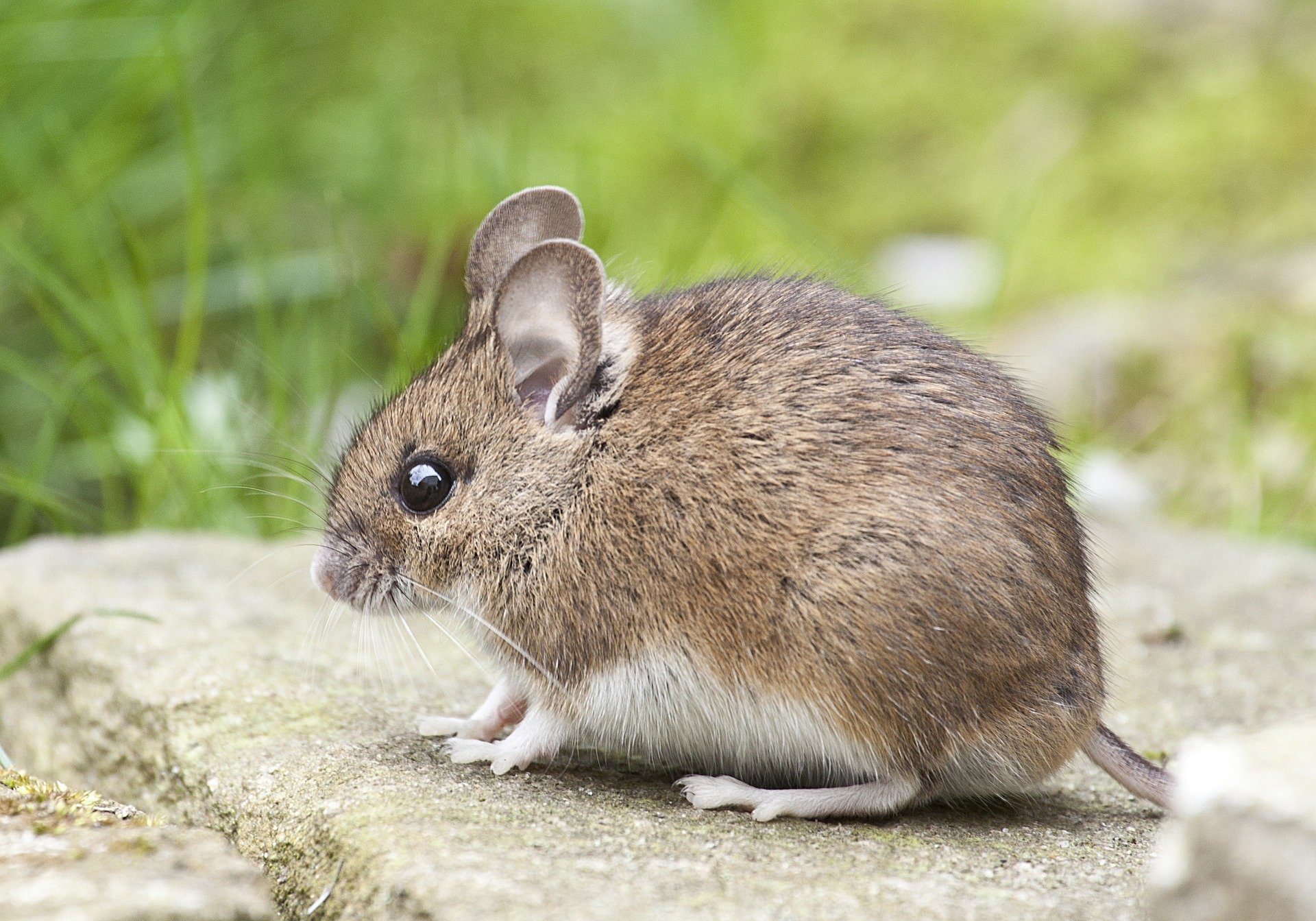
Those who can provide fast, effective mice treatments are those professionals who are BPCA certified technicians (British Pest Control Association).
Certified experts will have the correct equipment, treatments, rodenticides, and protective clothing to perform the job accurately. So if you can sense or see any of the tell-tale signs of mice infestation like gnaw marks, unpleasant ammonia smells or several random droppings.
Call us today on 07807 429 843 or get in touch via email or the contact form on our website, and we will happily do our best when getting rid of mice in your home or company property, provide you with further information and can guarantee any advice you may need.
Why We Control Mice
Many compare and contrast mice and rats. Many populations see mice as a cute or harmless rodent to their rat counterpart. However, whilst they may have an appealing exterior, mice can often be just as much of a public health pest and cause serious harm. While mice may not carry as many diseases as rats, they have some like Listeria and Salmonella, which are still nasty diseases. Mice spread infection in the same way as rats through their droppings, bedding, and urine.
Like rats, mice need to mark their territory with their wee, and because they have such extensive, sporadic eating habits, they build nests near any food sources. You are or have worries about mice infestation in your home or property, and it is critical to report it quickly as you be putting yourself at risk of food poisoning. Your countertops, pantry, cabinets and stove may transfer or become covered in the dirt and bacteria that coats their fur as they are scurrying about in search of food sources to eat.
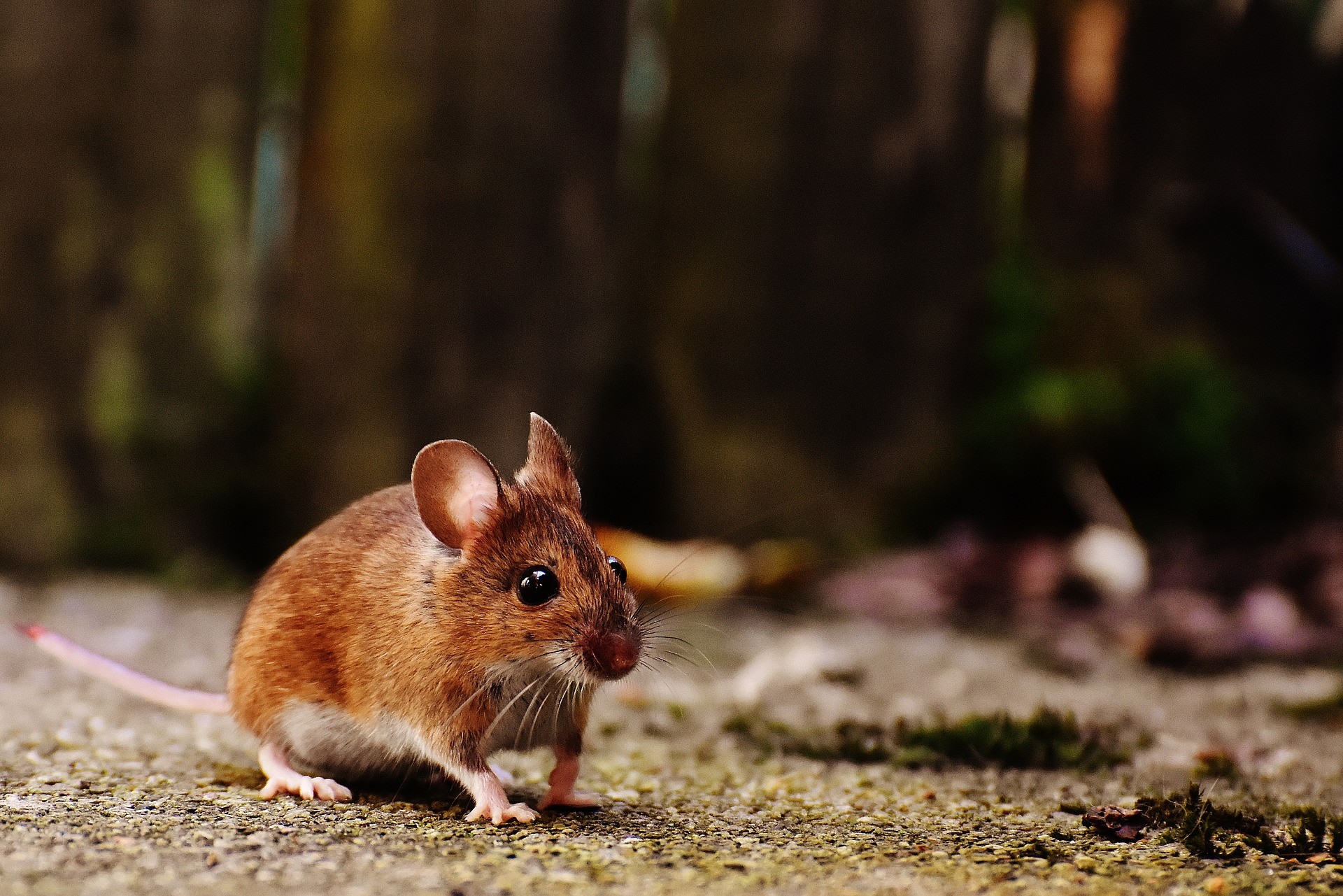
Not only are they a public health risk for you, your family and any potential housemates or employees, mice are also vast culprits of property damage. To keep their teeth in perfect shape and length, they compulsively nibble and gnaw away at about anything from electric cables, woodwork, packaging to water and gas pipes. Such a thing can cause a mass hazard and put your house in lots of danger; the gnawing or chewing against water or gas pipes can result in them bursting or leaking, causing floods, and if that problem wasn't enough, floods could lead to electrical fires.
Not only this, but such property damage can also make your home unpleasant and unappealing. Professionals set up mouse traps for our customers on their visits to control them when they have infiltrated your home.
Types of Mice in the UK
There are many species of mice across the globe and even just in the UK itself. The most common species you may run into are the proverbial House Mouse, Mus Musculus Domesticus, Field Mice or the Wood Mouse known as Apodemus Sylvaticus.
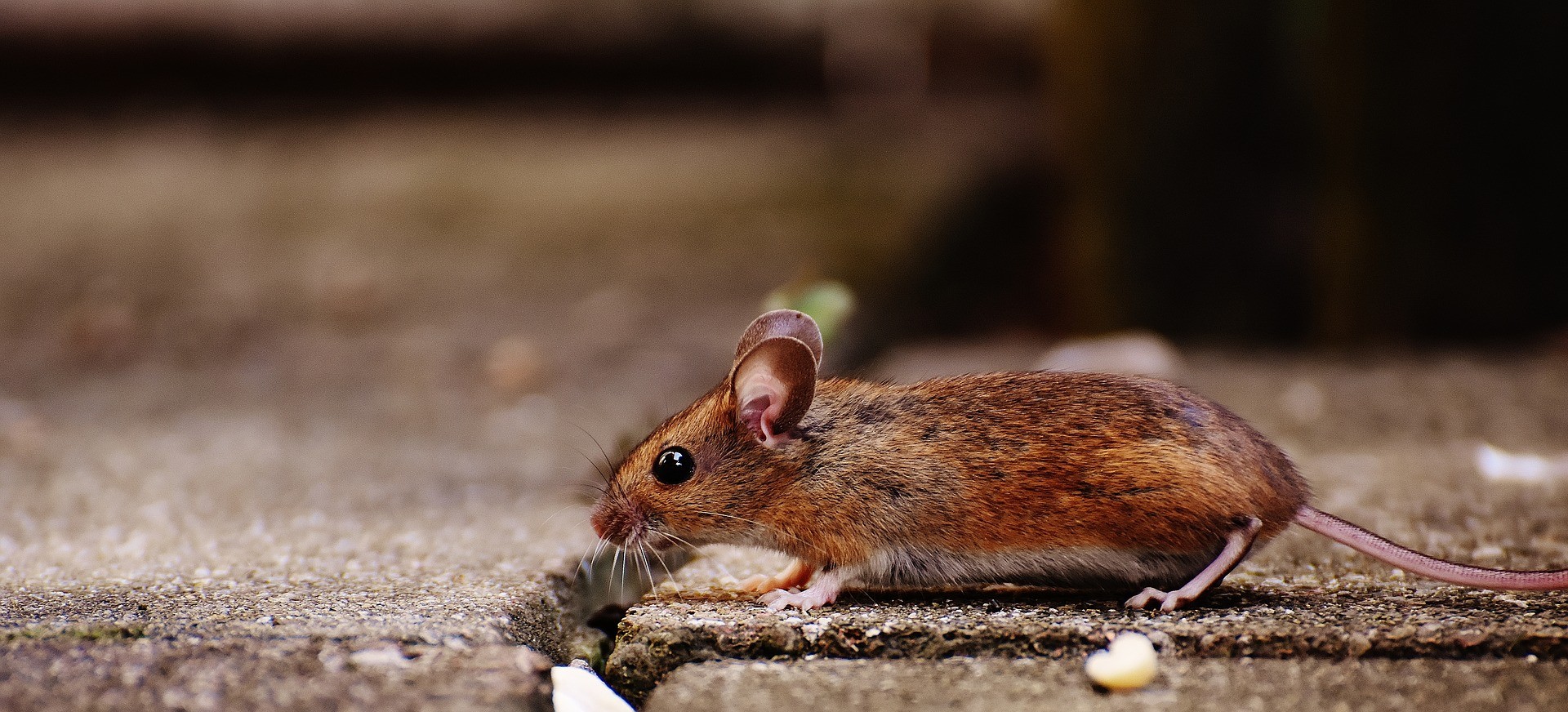
A House Mouse or mice are known as "commensal rodents, " which means they are close to human life or live with them.
We can define this long-term interaction as Commensalism, in which the species of mice gain many benefits from living alongside human life.
Still, the human does not receive any benefits and are possibly at risk of harm. Field mice, however, much prefer nesting in the outdoors. Only when the weather gradually gets colder will they turn indoors to nest and for food and shelter.
You can domesticate some mice, just like rats; these breeds are trained well and long looked after and are unlikely to pass on any diseases due to frequent cleansing and healthy food intake. However, if rats or mice enter your home unwelcome, it is best to seek help from industry professionals or local rodents control services.
How to Prevent Mice
1.
Before or after an infestation removal, it is best to take action to prevent mice from entering your premises again or repeatedly. The upkeep of pest management will ensure they never reaccess your home or property and use DIY prevention methods. The problem will ensure that professionals catch the existing mice for removal.
Mice may only need a gap of around 5mm, with the diameter of the eraser end of a pencil, to use as an entry point into your home. Search for any potential entry points and ensure you are proofing or sealing them with wire wool embedded in quick-setting cement.
2.
It would be best to focus on low-level gaps as these are the most common areas mice enter from; once you seal these, you may shift your focus to higher gaps or any vents. Be sure to check closely around windows, pipes and frequently search the basement. Take time proofing all means of entry, and this helps to prevent infestation efficiently.
3.
Keep gardens clean, tidy and avoid vegetation by cutting back overgrown areas and clearing any piles of debris or woods. Doing so creates not only an attractive garden appeal but drives away any potential mice seeking a new nesting site. Keep average household waste to a minimum and ensure waste tightly seals shut with a rubbish bin that efficiently closes.
4.
Mice may gain access to bins or compost through lids and heaps, so ensure you cover them well. You can also put out a bait station or mouse-specific poisons, with baits like a nut or block of cheese or poisons that you can be sure won't impact strays, children or the neighbour's pets.
5.
Keep coverings on food and leftovers or store them in airtight containers and make sure that you clean up any crumbs or spillage from food not long after cooking or eating.
6.
You could also install a door brush strip or door sweep on the exterior of your doors should the gap be greater than 4mm. Whilst good hygiene alone won't eliminate your mouse problem or future mice infestations, poor hygiene practices will most definitely attract them, along with several other potential pests.
For more information on local pest control services in London or advice on prevention methods, call us today for a free quote price or get in contact via email or the contact form on our website.
Do you have a problem with mice? If you want more information about mouse pest control in Stevenage, Hertfordshire or the surrounding area we can help. Get in touch with our pest control expert on 07807 429 843. Alternatively you can use our contact form to send an enquiry.
